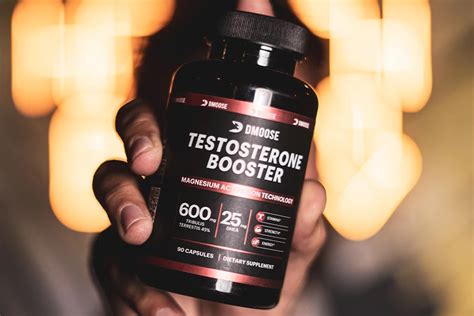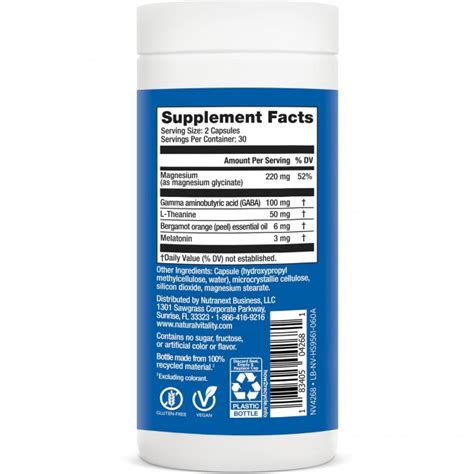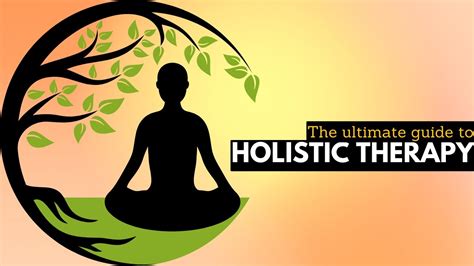The Crucial Role of Testosterone Beyond Youth
As men cross the 40-year mark, a natural decline in testosterone levels often begins, impacting more than just libido. Low testosterone, or ‘Low T,’ can manifest as reduced energy, decreased muscle mass, increased body fat, mood swings, impaired cognitive function, and diminished overall vitality. While this decline is a normal part of aging, there are numerous natural strategies that can help men over 40 optimize their testosterone levels, reclaiming their strength, mental clarity, and zest for life without relying on synthetic interventions.
Understanding the multifaceted role testosterone plays – from bone density and red blood cell production to mood regulation and metabolic health – underscores the importance of actively supporting its natural production. This article explores actionable, evidence-based approaches to boost your T-levels and enhance your quality of life.

Nutritional Powerhouses for Testosterone Support
Your diet is a foundational pillar for hormone health. Specific nutrients are vital for testosterone synthesis, while others can inadvertently hinder it.
Macro and Micronutrients Essential for T-Production
- Healthy Fats: Cholesterol is a precursor to testosterone, so incorporating healthy fats is non-negotiable. Avocados, olive oil, nuts, seeds, and fatty fish (like salmon) provide essential fatty acids that support hormone production.
- Protein: Adequate protein intake is crucial for muscle maintenance and overall metabolic health, indirectly supporting testosterone levels. Lean meats, eggs, dairy, and plant-based proteins should be staples.
- Zinc: This mineral is a direct participant in testosterone synthesis. Oysters are famously rich in zinc, but you can also find it in red meat, poultry, beans, nuts, and whole grains.
- Vitamin D: Often called the ‘sunshine vitamin,’ Vitamin D acts more like a hormone in the body and is strongly linked to testosterone levels. Aim for safe sun exposure, or consider supplements, especially in winter months.
- Magnesium: Involved in over 300 enzymatic reactions, magnesium is another key mineral that can improve free (bioavailable) testosterone levels. Spinach, almonds, black beans, and avocados are great sources.
Foods to Limit or Avoid
Conversely, certain dietary choices can negatively impact testosterone. Processed foods high in sugar, unhealthy trans fats, and excessive alcohol consumption have been shown to disrupt hormone balance. Reducing these can create a more favorable environment for testosterone production.

Exercise: Your Natural T-Booster
Physical activity, particularly specific types, is incredibly effective at stimulating testosterone production.
Strength Training is Key
Resistance training, involving heavy, compound movements, is perhaps the most potent exercise for boosting testosterone. Focus on exercises that work multiple muscle groups simultaneously, such as squats, deadlifts, bench presses, and overhead presses. Aim for 3-4 sessions per week, with adequate rest between workouts to allow for muscle recovery and growth.
High-Intensity Interval Training (HIIT)
Short bursts of intense exercise followed by brief recovery periods have also been shown to increase testosterone. Incorporate HIIT into your routine a couple of times a week, whether through sprints, cycling, or bodyweight circuits. The key is high intensity.

Prioritizing Sleep and Stress Management
These two often-overlooked factors play a colossal role in hormone regulation.
The Sleep-Testosterone Connection
Testosterone is primarily produced during sleep. Chronic sleep deprivation significantly reduces testosterone levels. Aim for 7-9 hours of high-quality sleep per night. Establish a consistent sleep schedule, optimize your bedroom environment for darkness and coolness, and limit screen time before bed to improve sleep architecture.
Mastering Stress for Hormone Health
Chronic stress leads to elevated cortisol levels. Cortisol is a catabolic hormone that works in opposition to testosterone, actively suppressing its production. Implementing stress-reduction techniques such as meditation, deep breathing exercises, yoga, spending time in nature, or engaging in hobbies can dramatically impact your hormone profile.

Lifestyle Adjustments and When to Consult a Doctor
Beyond diet, exercise, sleep, and stress, other lifestyle factors contribute to optimal testosterone levels.
- Maintain a Healthy Weight: Obesity, particularly abdominal fat, increases the conversion of testosterone into estrogen. Losing excess weight can significantly improve T-levels.
- Limit Alcohol and Avoid Endocrine Disruptors: Excessive alcohol intake can impair testosterone production. Furthermore, try to minimize exposure to xenoestrogens found in plastics (BPA), certain pesticides, and personal care products, as these can mimic estrogen and disrupt hormone balance.
- Regular Medical Check-ups: While natural methods are powerful, it’s essential to consult with a healthcare professional to get your testosterone levels tested and rule out underlying medical conditions. They can provide personalized advice and guide you on the most appropriate course of action.

Conclusion: A Holistic Path to Lasting Vitality
Optimizing testosterone naturally for men over 40 is not about quick fixes; it’s about adopting a sustainable, holistic lifestyle. By consistently prioritizing nutrient-dense foods, engaging in targeted exercise, ensuring adequate sleep, and effectively managing stress, you can significantly support your body’s natural testosterone production. This integrated approach not only boosts hormone levels but also contributes to greater energy, improved mood, enhanced physical strength, and an overall elevated sense of vitality, allowing you to thrive in your prime years and beyond.




